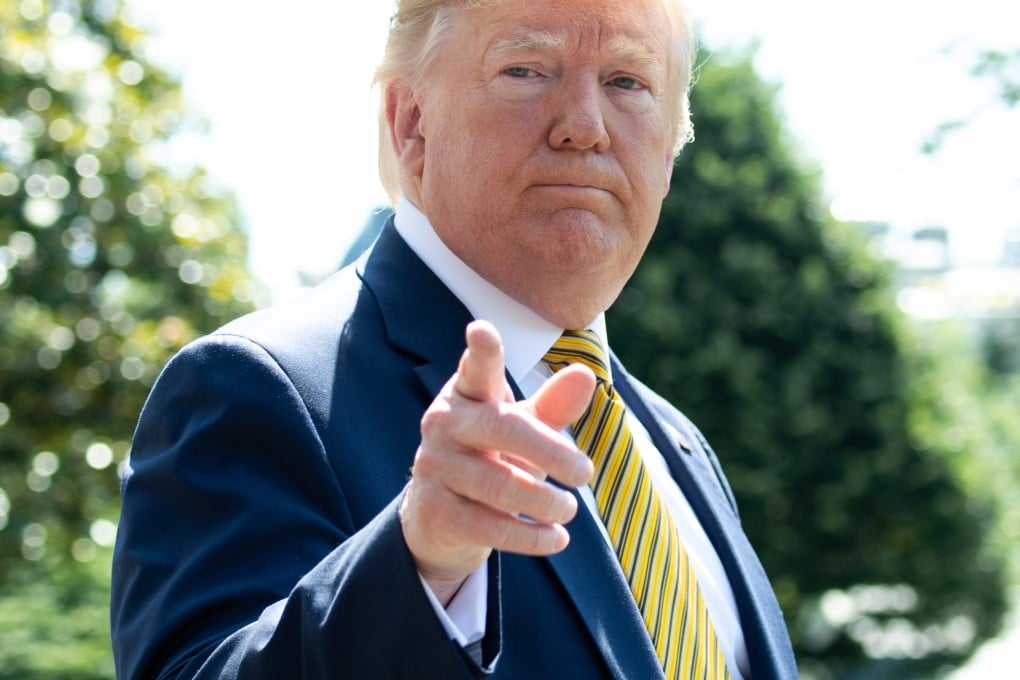Advertisement
Opinion | Whether it’s China or Iran, Donald Trump deserves some credit for his foreign policy doctrine
- In calling off a strike against Iran, the US president has demonstrated his ability to keep a cool head. His critics won’t acknowledge it, but his foreign policy doctrine has so far served him well with Iran, North Korea and China
Reading Time:3 minutes
Why you can trust SCMP

President Donald Trump’s decision not to bomb Iran in retaliation for the downing of an unmanned American drone has once again raised questions about just what his foreign policy doctrine is.
Advertisement
Since his inauguration, policy analysts have characterised his doctrine as some combination of strong-arm tactics and unilateral action, yet there have been few international incidents which serve to define what he will do in a time of crisis.
The drone incident has proved instructive in this regard. Despite the hawkish advice of his national security staff, including Secretary of State Mike Pompeo and national security adviser John Bolton, Trump chose a path of moderation and common sense.
Some of his supporters, and even many of his detractors, will say this is evidence of a clear-thinking decision maker who understands the proportionality principle and is sensitive to consequences of his decisions. This is a side of Trump most Americans (and the world) have not seen: a cool, level-headed and cautious leader.
In the cases of Iran, North Korea and China, the Trump doctrine might be characterised as a combination of engagement, bluster, willpower, negotiation skills and brinkmanship. In each case, Trump has been willing to toss out the old playbook and implement a new strategy.
The result, in each case, has been partial success, though the final outcome remains unknown. Trump’s critics will probably never acknowledge that he has achieved anything, but consider this: North Korea’s Kim Jong-un is in a holding pattern, Chinese President Xi Jinping has been backed into a corner on the bilateral trade issue, and Iran is in a very difficult economic situation.

Advertisement
